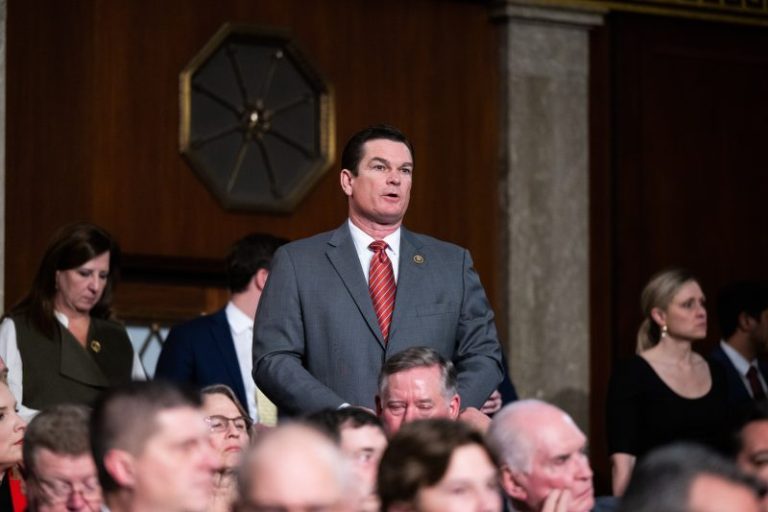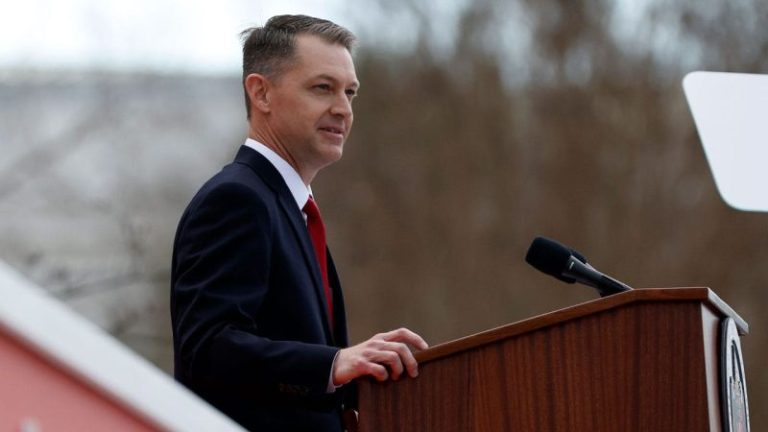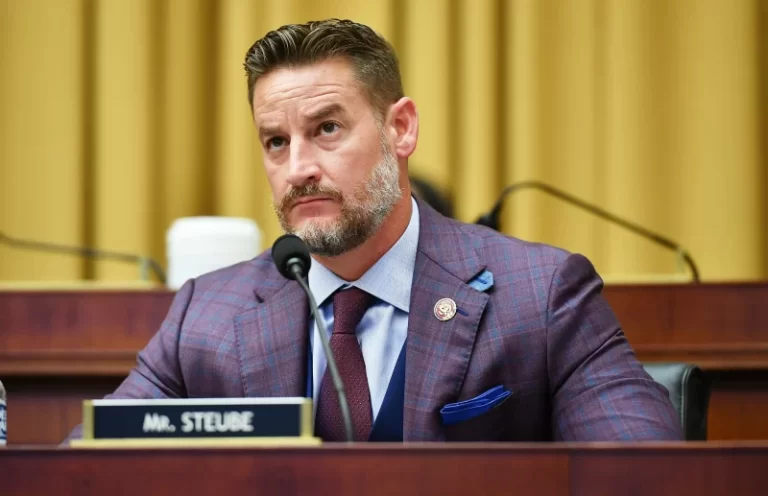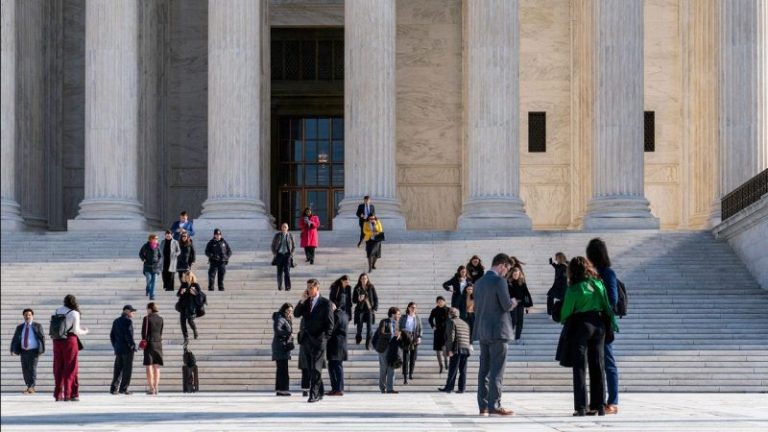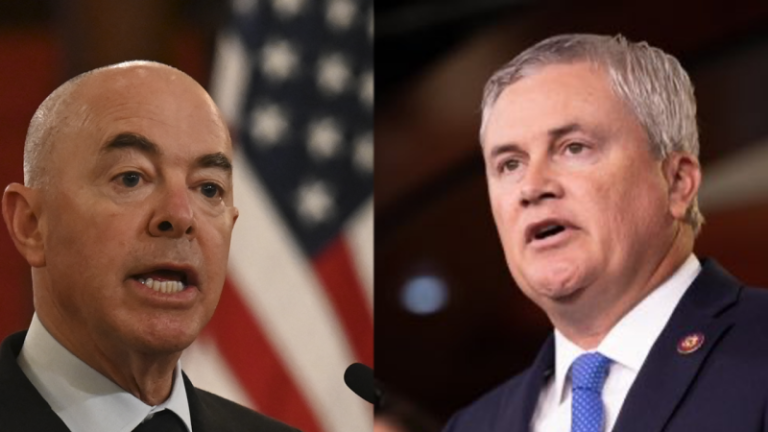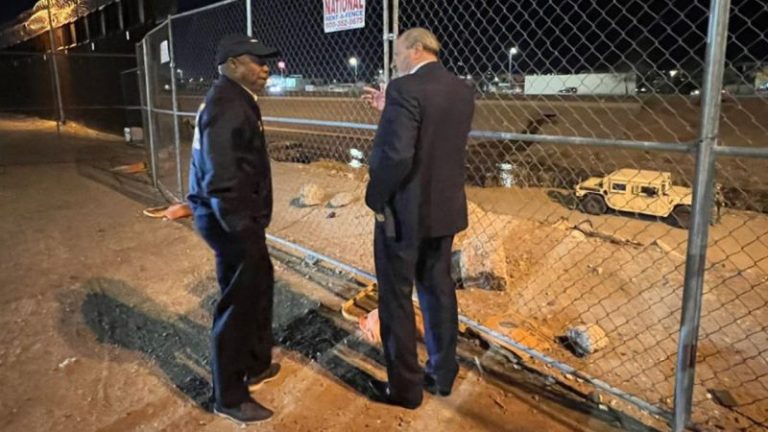Republican lawmakers reacted to the Department of Justice (DOJ) opting out of having the Federal Bureau of Investigation (FBI) monitor President Biden’s personal attorneys as they searched the president’s homes for Obama-era classified documents.
GOP Reps. Austin Scott of Georgia and Cory Mills of Florida reacted to a Wall Street Journal report that the DOJ had the FBI hold off on monitoring the president’s personal attorneys as they searched for classified documents.
‘So the same people that sent an FBI tactical squad to search Mar-a-Lago and seize documents let Biden’s own lawyers search for classified documents at his residence?’ Scott told Fox News Digital.
‘Did Biden’s lawyers even have the proper clearances to review or handle the documents that they went to search for?’ the Georgia Republican continued. ‘I mean, you can’t make this stuff up.’
Mills, a freshman and Army combat veteran, told Fox News Digital that accountability ‘shouldn’t be a partisan lightning rod.’
‘Yet here we are staring Democrats’ blatant hypocrisy in the face,’ Mills said. ‘The fact that President Biden allegedly ‘didn’t know’ about these three batches of secret documents is incomprehensible.’
‘Cooperation with investigators is the least the administration can do to show the American people – who already lack faith in our institutions – that this national security issue is cleared up,’ the Florida Republican added.
The Department of Justice debated whether to allow the FBI to monitor the search for classified documents in Biden’s home but eventually decided against it, according to a Tuesday report in the Wall Street Journal.
Three batches of classified documents were found on Biden’s property in recent months: one at the Penn Biden Center in Washington, D.C., and two at his Wilmington, Delaware, property. But the FBI was not present as documents were recovered, and no raids have been conducted, which sources familiar with the matter told the Journal was because Biden’s lawyers turned over the documents quickly and continued to cooperate with the Justice Department in the investigation.
The sources added that the DOJ wanted to leave open the possibility of using the FBI if Biden’s lawyers did not cooperate as the investigation continued.
Biden’s scandal is developing by the day, with George Washington University law professor Jonathan Turley warning that Biden’s attorneys are ‘likely witnesses in a criminal investigation.’
Sen. Ted Cruz, R-Texas, theorized prior to the scandal that the House GOP could consider impeaching Biden once the House flipped.
However, Colorado GOP Rep. Lauren Boebert told Fox News Digital she believes that Republicans’ intensely negative view of Vice President Harris is making them more hesitant to push for Biden’s impeachment than they otherwise would be.
‘Kamala Harris is Biden’s shrewd insurance policy,’ said Boebert.
‘Joe Biden has failed the American people, and he’s keeping some members from calling for impeachment by having a historically unpopular vice president,’ the congresswoman continued.
‘Both have failed to faithfully uphold and execute the law, and both should be held fully accountable,’ she added.
Fox News Digital’s Patrick Hauf contributed reporting.

